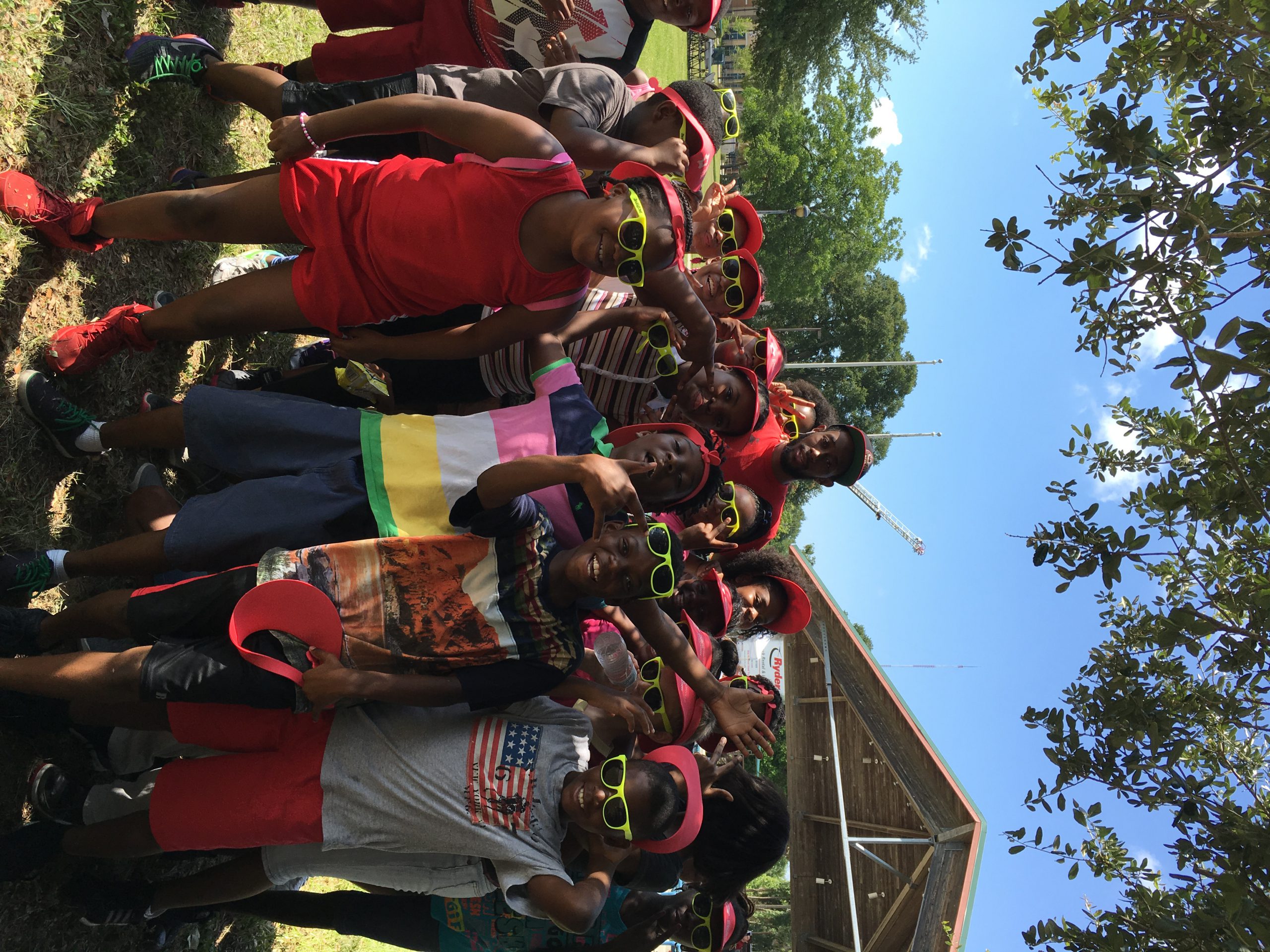Adventure-based learning and expeditionary learning are fairly new educational models that provide students with opportunities to learn skills and abilities outside of the traditional classroom setting. When these types of diversified learning are incorporated into school curriculum, students are given chances to learn leadership and communication skills, develop positive relationships, learn the value of teamwork, and become aware of proactive methods for dealing with complex emotions.Expeditionary learning (EL) is best known in the U.S. through the Outward Bound organization, in which students embark on trips or expeditions in natural settings that last for several days or even weeks, sometimes hiking across mountain ranges or canoeing long rivers. (Not all EL experiences are so lengthy, however.) During an expedition, EL students take responsibility for their increasingly self-directed learning experiences. Success is obtained by building confidence, and confidence comes from being able to learn within a supportive community. In this educational setting, students build relationships that involve caring and empathy as they work collaboratively – and even hold friendly competitions – with other students. Teamwork is encouraged even though students are expected to maintain control over their learning experiences. Since EL takes place within the natural world, students are able to witness firsthand the cause-and-effect system we live in and make sense of it for themselves. Essentially, what students gain from these experiences and are thereafter able to contribute to their communities is compassionate service.Also Read: Engaging and Educational Afterschool Activities for KidsAdventure-based learning (ABL) and expeditionary learning have similarities, but ABL adventures need not be as long or rigorous as EL expeditions. (For example, an afternoon of bungee jumping may suffice as an ABL experience.) ABL encourages students to not only participate in sequential activities but to also debrief, according to Professor Paul T. Stuhr. Students benefit from this in that they have more control over the direction of class dialog as a group and as individuals, thereby instilling in themselves crucial leadership and communication skills as they express themselves and actively listen to others. Through the debrief, students are able to attribute meaning to their ABL experiences, turning difficult experiences into learning adventures.Relationship-building is essential for students at all grade levels and, as a primary focus of adventure-based learning, establishes bonds of trust between participants. In constructing positive relationships with others, students develop self-esteem and confidence in their own abilities.These are also objectives of Communities In Schools (CIS). Relationship-building is a core value upon which CIS is constructed. Students and their families are connected with integrated school and community support to serve students' diverse needs, including learning life skills and enrichment. Teaching relationship-building helps students stay in school, as they are better equipped to handle adverse situations, such as bullying or academic mistakes. As CIS demonstrates, when students are provided with abundant resources and support in learning through their experiences, they can achieve academic and personal success. As they grow and learn, students can take their relationship-building skills into the rest of society and contribute to bettering their communities.Does your child need support to succeed in school and in life? In Duval County, Florida, contact Communities In Schools of Jacksonville.# # #Related Tag: Jacksonville Tutoring Services
NEWS

Expeditionary Learning and Adventure-Based Learning
January 6, 2017

